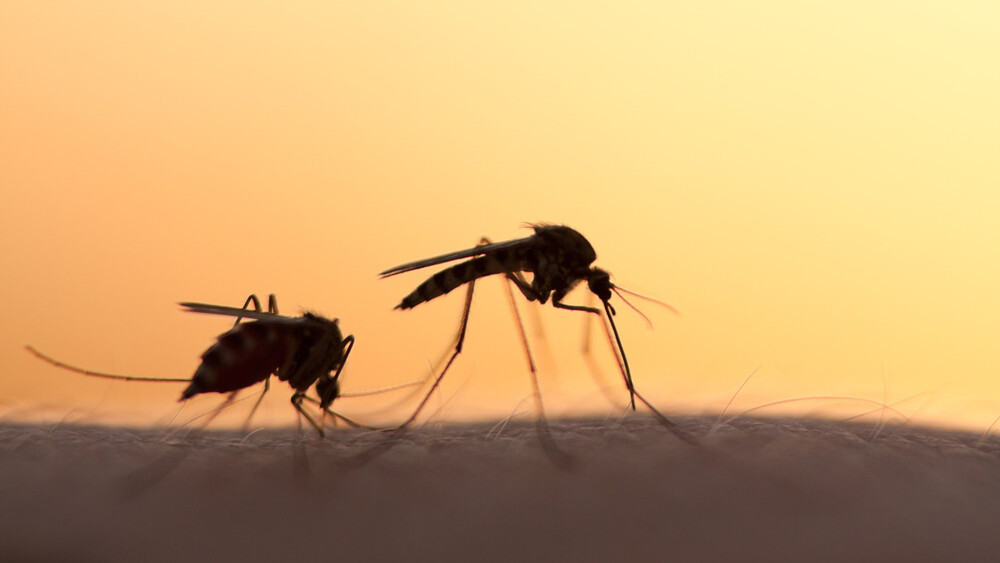
Blah blah don’t be evil blah blah blah. At some point, Google’s unofficial motto became like the message printed inside a stick of British seaside rock (see here for details, international readers). It’s a glib thing and chewing down on it too hard is apt to rot your teeth or perhaps your brain.
Google isn’t evil, anymore than any other corporation is evil. Watch the documentary, ‘The Corporation’ and you’ll hear a compelling argument that companies behave in a manner that is similar to sociopaths, but the individuals within Google/Alphabet genuinely do believe they are engaged in important, world-changing work – even the ones shovelling ads at your eyeballs.
https://www.youtube.com/watch?v=Z4ou9rOssPg
But there’s a problem with people convinced they are engaged with a noble purpose. The old cliché that everyone is the hero of their own story and that no villain truly sees themselves as one is worth thinking about when it comes to boundary-pushing science.
In science fiction, we’re often confronted with inventors and experimenters who do something horrific because they thought they were acting in the interests of the greater good. That happens in the ‘real’ world too. Einstein wrote that his contribution to the creation of the atomic bomb was ‘a single act,’ but it still weighed heavily upon him.
In a letter to a Japanese journalist he explained:
My participation in the production of the atom bomb consisted in a single act: I signed a letter to President Roosevelt. this letter stressed the necessity of large scale experimentation to ascertain the possibility of producing an atom bomb.
I was well aware of the dreadful danger for all mankind, if these experiments would succeed. But the probability that the Germans might work on that very problem with good chance of success prompted me to take that step. I did not see any other way out, although I always was a convinced pacifist. To kill in war time, it seems to me, is in no ways better than common murder.

Robert Oppenheimer, who had a far more direct and instrumental role in taking atomic weapons from theory to destructive reality, famously recalled this quote from the Bhagavad Gita rippling across his mind as he witnessed the mushroom cloud:
Now I am become death, the destroyer of worlds.
There is a lot of ambiguity crammed into those nine words. There is regret, but also a distinct nod to the notion of scientist as god, a being shaping reality to its will.
Where does Alphabet fit in this itching of the many decades old scab of the atomic age? It’s the question of what we can do and what we should do.
Last week, rumors slipped out of Alphabet, the new holding company that contains Google and the many moonshots that began to swamp the core business, that it plans to turn its attention to a long-standing bio-research idea: Genetically modifying mosquitos to fight disease.
The main figure in this story is Linus Upson, a former VP of Engineering on the Google Chrome team. If the stories are true – and there are lots of gaps to fill in – it’s Upson who is pushing the concept of tweaking mosquito DNA to humanity’s advantage.
Recode reports that George Church, a geneticist and molecular engineer at Harvard, has had discussions with Upson and Alphabet CEO Larry Page. They’re said to have focused on a powerful gene-editing technique he has developed.
Of course, Google/Alphabet is keeping schtum about the possibility of modifying mosquitos. But Church told Recode that it seems to be interested in using his technology to combat diseases including malaria and dengue fever.
The Bill and Melinda Gates Foundation has also looked into the area, while patent troll/invention factor Intellectual Ventures has talked frequently of building lasers designed to shoot mosquitos out of the air.
The problem is a huge one, exactly the kind of thing that Page and Sergey Brin, who have also pushed into ideas like prolonging life, would be attracted to. 3.2 billion people are at risk of malaria across the world. It killed 500,000 people in 2013, according to the World Health Organization. 390 million people contract dengue fever each year.
This all sounds very laudable, but we should be wary about the direction such research could take us in. While a lot of time has been spent debating the risks of human cloning and other genetic experimentation, messing with mosquitos seems a no-brainer at first.
But mosquitos, however horrific they are – they’re one of the things that persuades me that god does not exist – are, nonetheless, part of the ecosystems where they exist. There could be many unintended consequences of screwing around with their DNA.
For an obvious example of how things can go wrong when humans forcibly change an ecosystem, look to Australia and the cane toad:
Native to Central and South America, cane toads were imposed on Australia by the country’s Bureau of Sugar Experiment Stations – now Sugar Research Australia – in an attempt to control a beetles that were affecting crops and were highly resistant to pesticides and other conventional means of control.
The cane toads did eat the beetles but the 102 young specimens released as part of the pilot project swiftly began to breed. There are now over 200 million in Australia and they’ve been known to spread disease and ravage crops themselves.

Now imagine Alphabet/Google’s meta-mosquito. Of course the company’s scientists are responsible, professional people, but the desire to fix something can be so strong that the warning signs recede into the background.
The human condition is such that we look at the world and believe we can solve everything, but sometimes our ideas introduce a brutal and destructive simplicity into systems of almost mind-breaking complexity.
Tread carefully Alphabet.
Feature image credit: Shutterstock
Get the TNW newsletter
Get the most important tech news in your inbox each week.





